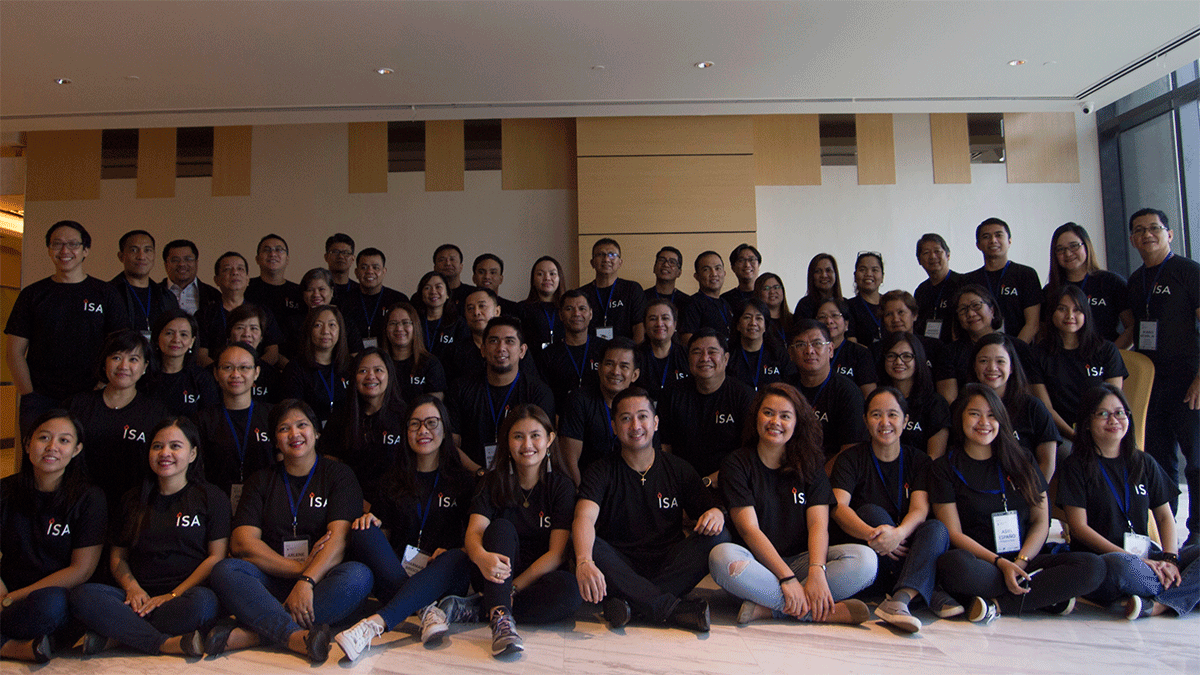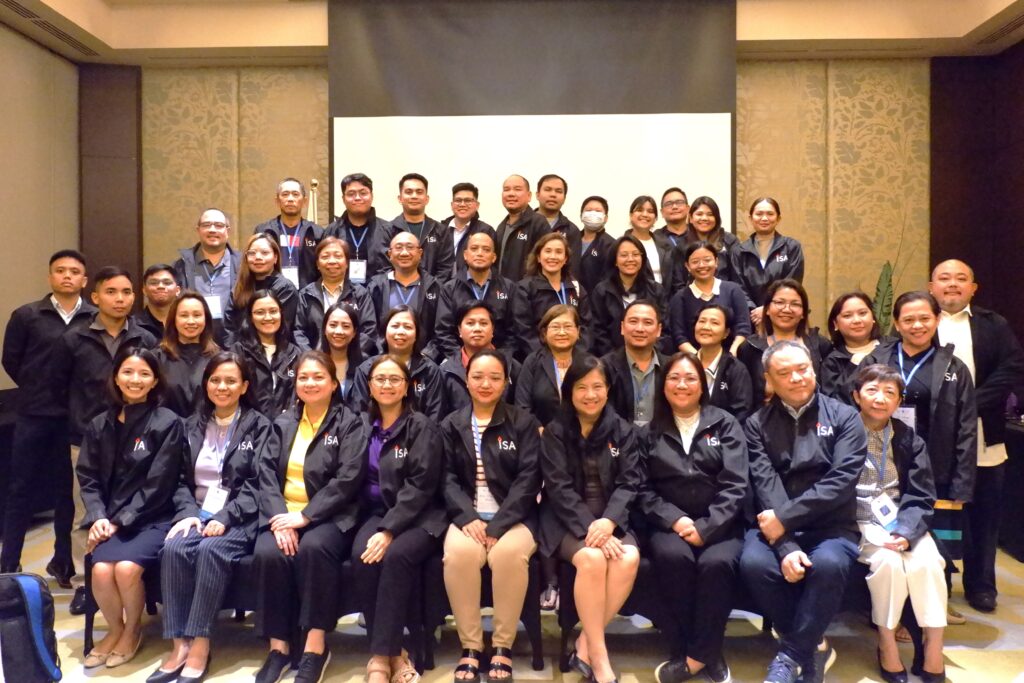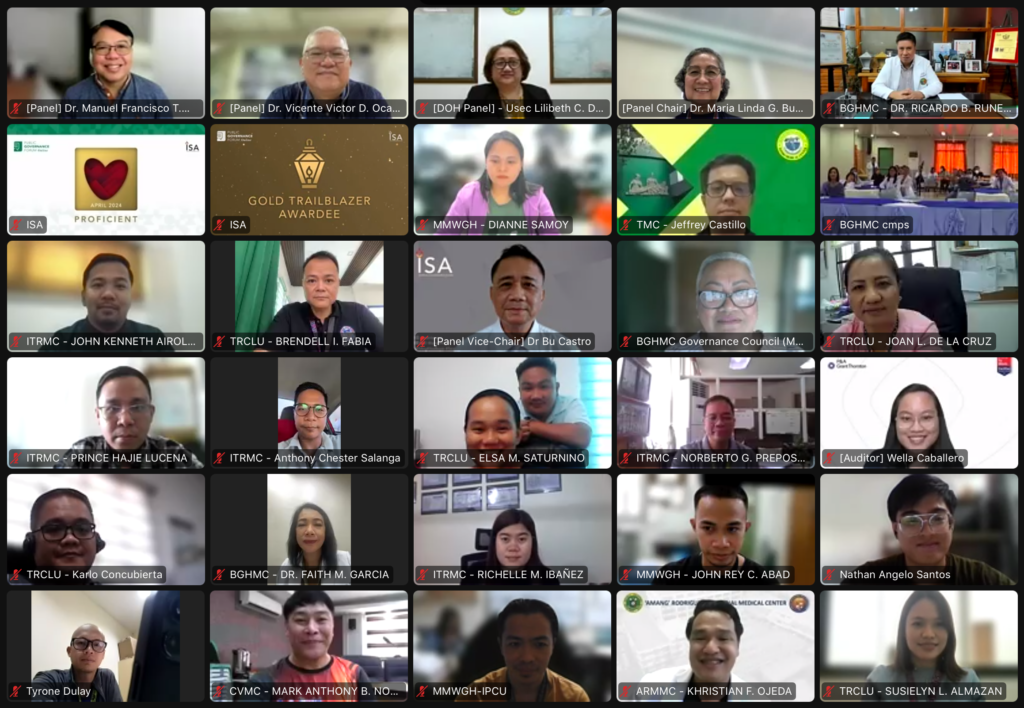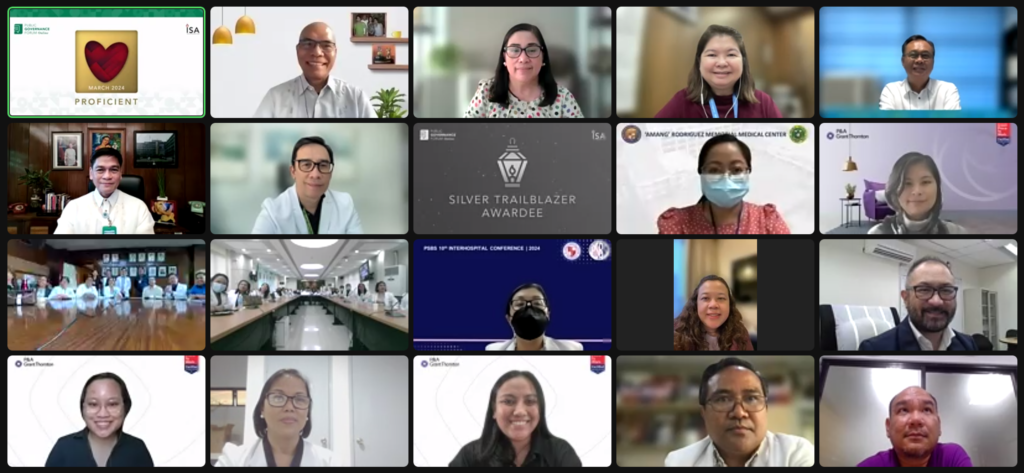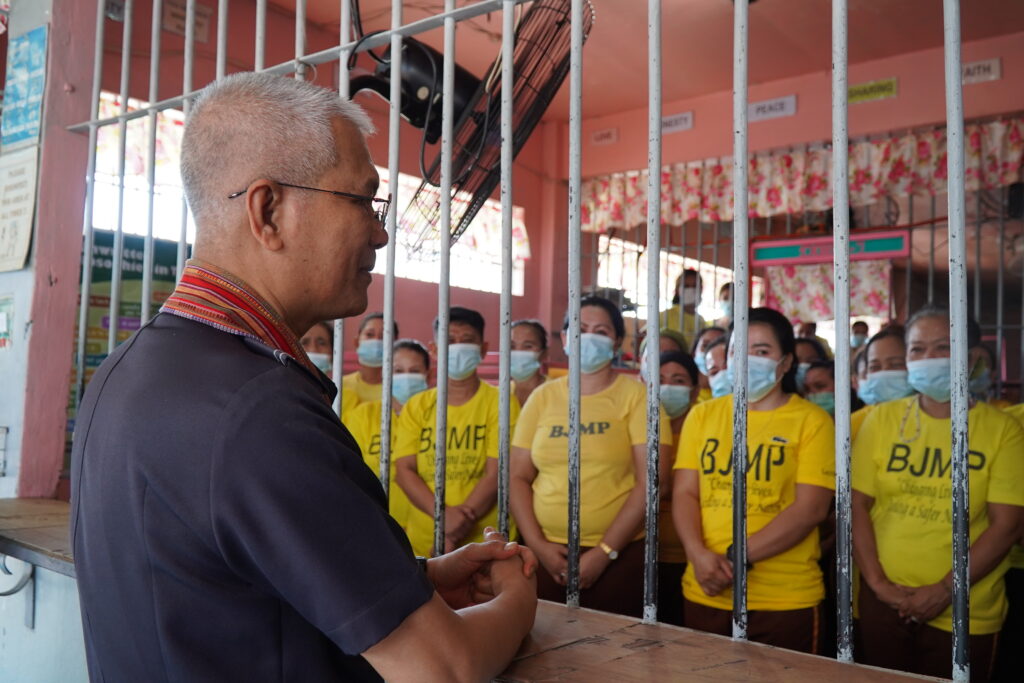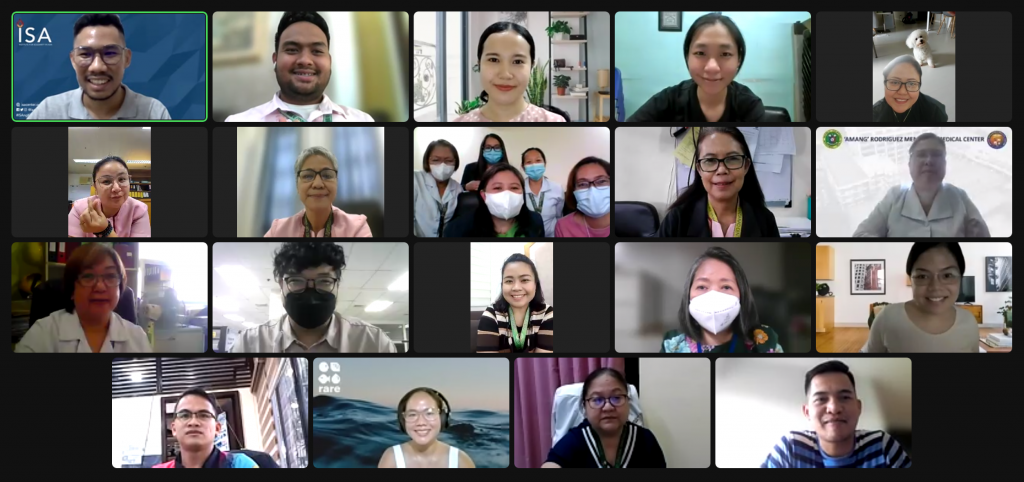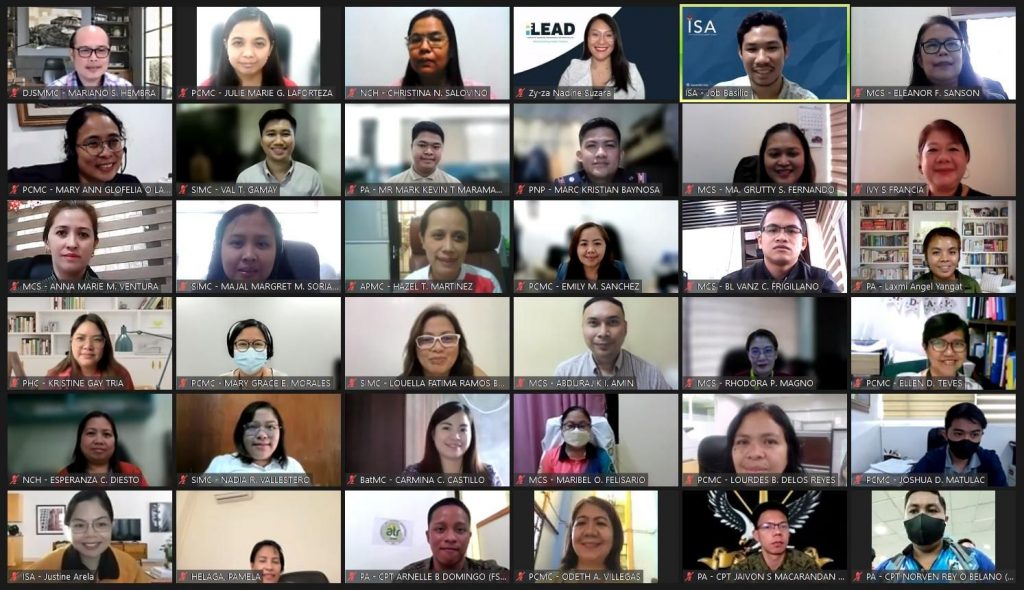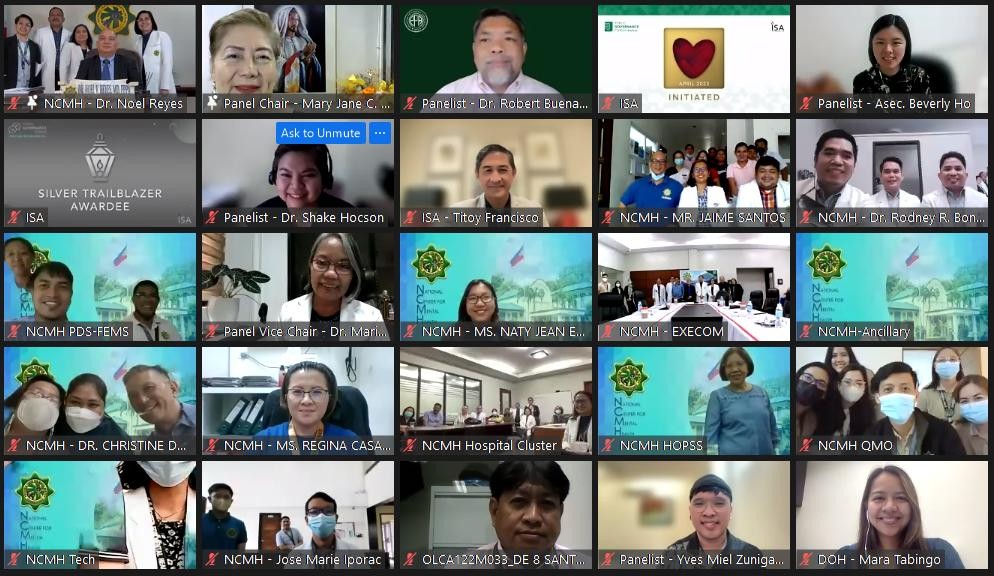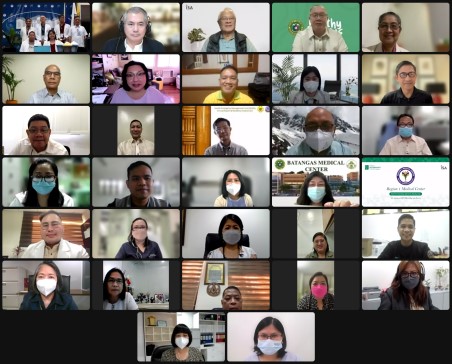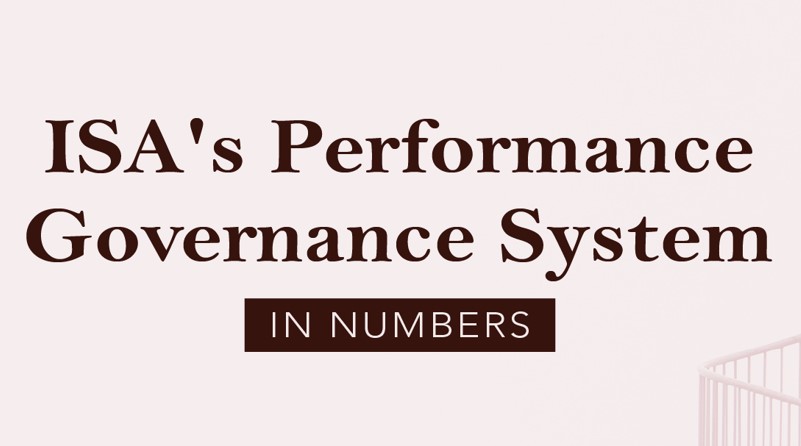70 governance warriors from 22 government institutions in the Philippines gathered at the 17th Governance Boot Camp, held February 20-28, 2018 in Mandaue City in Cebu. Hosted by ISA and co-hosted by the local government of Mandaue, the event distributed 10 sessions on governance and strategy execution between two tracks: the Basic Class and Master Class. The distinction is based on experience in ISA’s flagship program, the Performance Governance System (PGS).
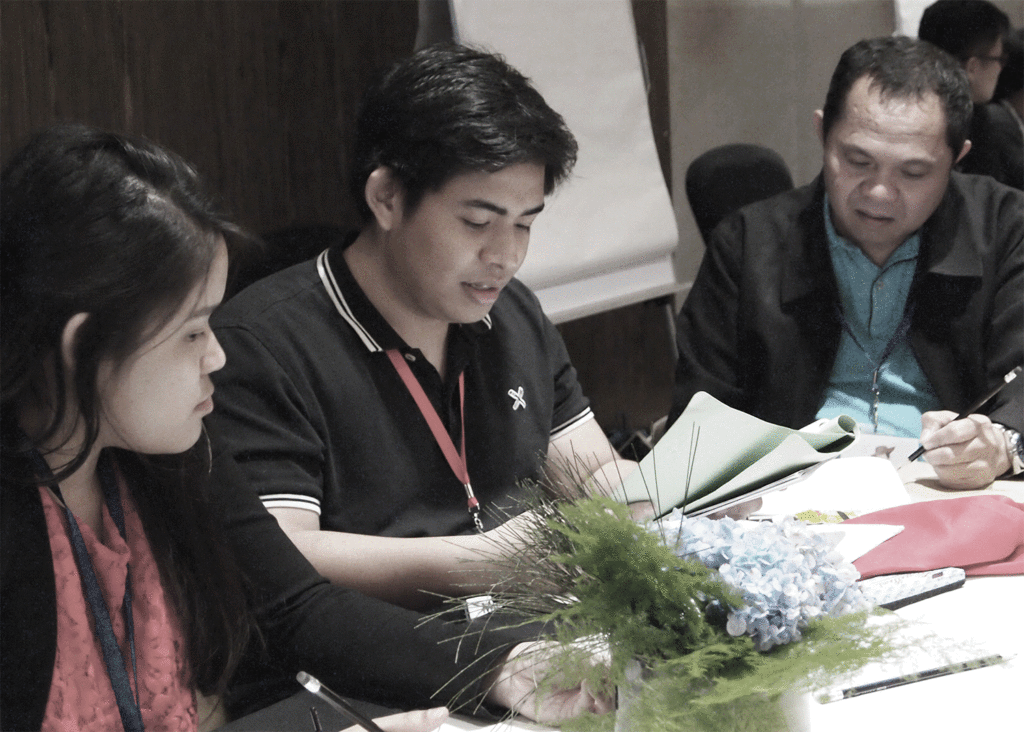
Teamwork and collaborative learning
Mandaue’s involvement in the program was an opportunity to anchor the boot camp on a best practice of the city government: spotlighting the human element of governance. The boot camp’s Change Management session, delivered in Basic Class, featured a quick lecture by Mandaue’s Strategic Communications Officer Genee Nuñez, followed by a series of exercises in experiential learning facilitated by members of Mandaue’s Office for Strategy Management (OSM). Experiential learning is the city’s creative method for cascading strategic reforms, designed to appeal to the emotions of every employee and stakeholder to ensure continuous buy-in from all levels of city hall. “In a change process of any kind, you have to win over both the minds and the hearts of people,” Nuñez reminded.
For the Master Class, Mandaue prepared a study tour of city hall that not only highlighted successful governance practices but also acknowledged the struggles of four offices: Planning, Treasury, the Command Center, and the OSM itself. The Command Center is a showcase project and one of the first to be identified through PGS. It gives the citizens of Cebu access to medical, disaster, and police emergency response teams, also serving as the central traffic management unit in the city. Discussions during the city tour were personally led by officers from these four departments, who interacted with Master Class participants and entertained questions on how to apply similar innovations to their respective institutions.
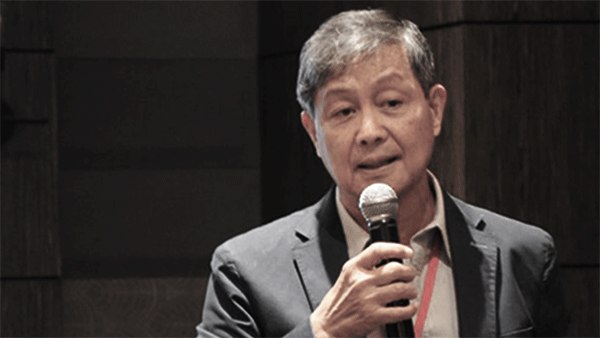
Usec. Ernesto Carolina presenting PVAO’s governance reform and case study
While the boot camp is a training conference uniquely framed around a co-host like Mandaue, each run has also given attention to national agencies and local governments whose achievements can serve as an inspiration to others in the governance pathway. These case studies are used as references for Basic Class workshop activities. In the Master Class, practitioners from case study institutions are invited to present their stories and field questions from the class. #BOOTCAMP17 featured no less than Undersecretary Ernesto Carolina of the Philippine Veterans Affairs Office (PVAO), Agnes Cargamento from the Provincial Government of La Union (PGLU), and Dr. Gerardo Manzo of the Philippine Heart Center (PHC). In his talk on innovations in governance, Carolina said, “Ang serbisyo sa beterano ay serbisyo sa bayan”. (“Service for veterans is service for the country.”) Manzo echoed this, reminding the delegates that while there are hardships in making stakeholders grasp and commit to the idea of reform, unwavering dedication in pursuing the goal eventually makes the stakeholders see the merit in their actions – ultimately serving the country better together.
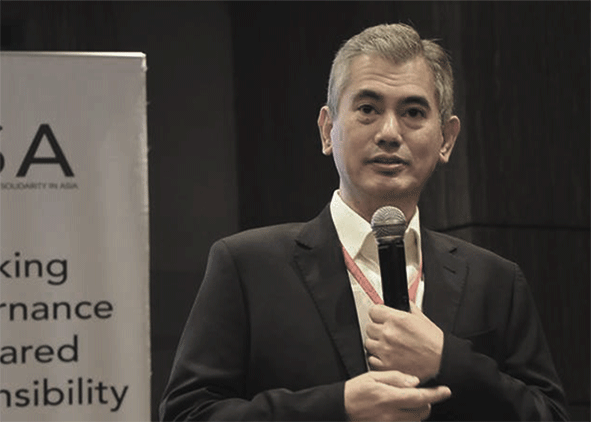
Dr. Gerardo Manzo (PHC) presenting his module ‘The heart of governance’
The boot camp’s cornerstone sessions on strategy design, execution, monitoring, and sustainability were delivered by ISA’s Executive Director and Governance Practice Leader Chris Zaens, ISA Associate and impact expert Ryan Evangelista, ISA consultant and local economic development expert Francis Gentoral, and ISA Trustee Nick Fontanilla. ISA Chair Francisco del Rosario and Vice-Chair & President Marides Fernando were also present to welcome and interact with the boot campers.
Each one had something to say about the importance of putting the human experience at the center of the governance process.
“Engagement is about more than keeping score,” Zaens said. “It is about having an emotional connection and commitment to the organization and its goals.”
In Fontanilla’s session, Building a Dream Philippines, he encouraged the participants to look at their institutions as key players in the Philippine economy, and then to make sure their strategies identified impact on Filipino lives as a primary agenda. “Your strategies should be founded on your vision, mission, and core values,” Fontanilla explained. “At the end of the day, the aim is to leave no Filipino behind.”

